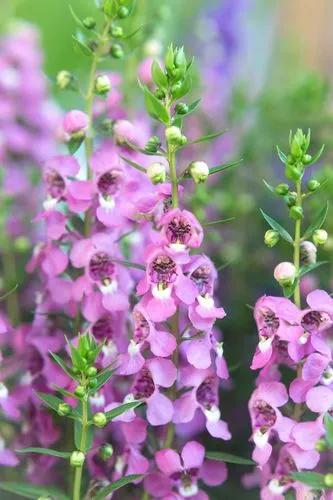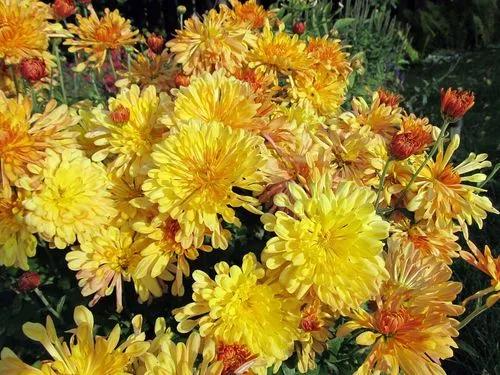Large, luscious, fragrant, soft pink, double flowers with sweet cream tones for classic charm and endearing springtime color. An exquisite cut flower for a spring bouquet. Robust, rounded plants of lush, green foliage work well as background for spring bulbs, or for use in beds and borders. An herbaceous perennial.
Raspberry Peony Care
Paeonia lactiflora 'Raspberry Sundae'
Other names: Fernleaf Peony



How to Care for the Plant

Water

Peonies need moist, well-drained soil to thrive. Ideally, they should receive 1 to 2 inches of water weekly. They can thrive in relatively wet areas but are not drought-resistant.

Pruning

Peonies require little pruning. Once yours has finished blooming, cut back dead stems and branches. If a stem appears diseased, cut back before the affected part.

Fertilizer

Feed lightly. An annual application of compost mixed with a very small amount of fertilizer around the base of the plant is all that is needed. When you do feed with compost and fertilizer, do it just after the plants have finished blooming.

Sunlight

Peonies need a location that receives at least 6-hours of sun each day and a full day of sun is even better. Without sufficient sunlight, you’ll get fewer blooms and smaller flowers, and the plants will have a greater risk of fungal diseases.

Soil

Peonies are very adaptable, but ideally, they like a well-drained, slightly acidic soil (6.5-7.0 pH). If you are planting in heavy, clay soil, amending with compost or a soil mix labeled for azaleas and rhododendrons will make it easier for your peony plant to settle in.

Temperature

Peonies prefer cooler areas (hardiness zones 3-8) and do best when they experience cold winters.

Additional

All parts of peonies are poisonous to pets, livestock, and mildly to people, because they contain the toxin paeonol; it's concentrated in the bark also found in small amounts in the flowers.

Popularity

187 people already have this plant 88 people have added this plant to their wishlists
Discover more plants with the list below
Popular articles






